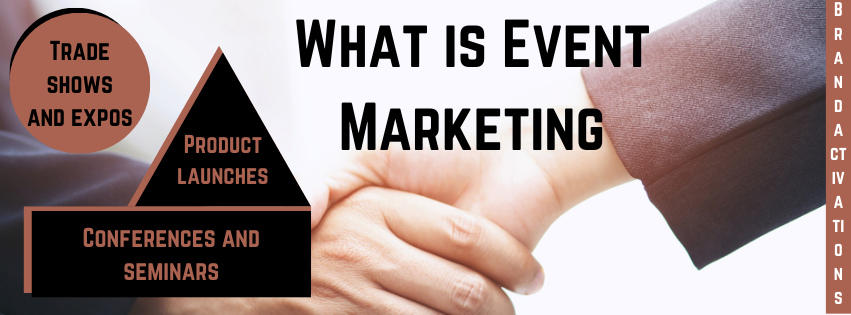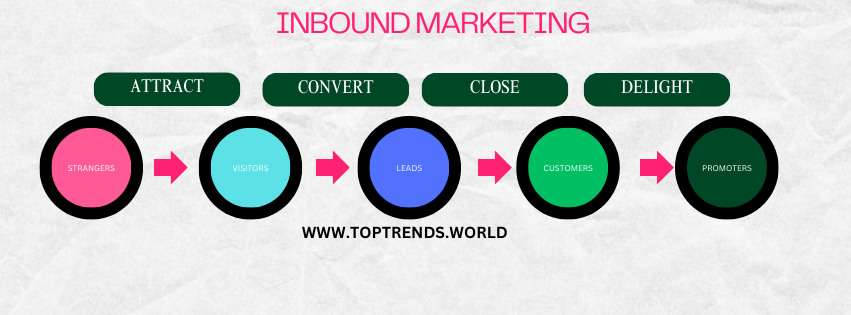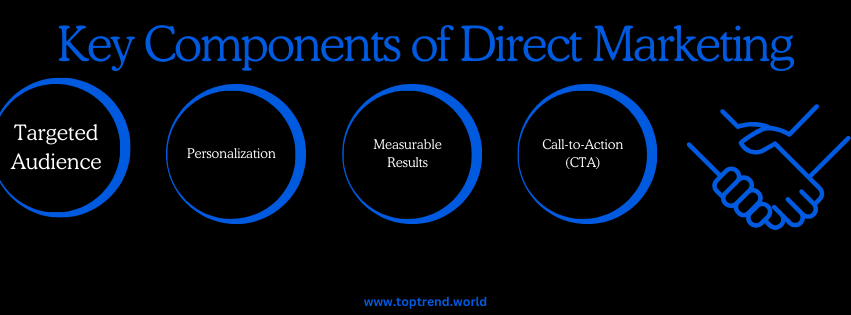Event marketing is a highly effective tool that enables businesses to engage directly with their target audience, fostering deeper relationships and creating memorable brand experiences. Whether it’s through virtual events, in-person conferences, or brand activations, event marketing offers a unique platform for businesses to showcase their products or services in a more personalized and impactful way.
In this blog, we’ll explore what event marketing is, its benefits, and key strategies for planning successful event marketing campaigns.

What is Event Marketing?
Event marketing refers to the process of promoting a product, service, or brand through events. These events can be hosted by the brand itself or in partnership with other organizations.
Event marketing can take various forms, including:
- Trade shows and expos
- Product launches
- Conferences and seminars
- Brand activations
- Webinars and virtual events
- Workshops or educational events
The goal of event marketing is to create meaningful interactions that drive brand awareness, lead generation, and customer loyalty.
Marketing 360: The Complete Guide to Promotion and Growth
The Benefits of Event Marketing
Direct Engagement with Target Audience:
Events offer a rare opportunity for brands to interact face-to-face (or virtually) with their audience.
These personal interactions foster a deeper connection, allowing brands to gather feedback, answer questions, and build trust.
Brand Awareness and Exposure:
Well-executed events can increase brand visibility in the market.
Whether it’s an in-person or virtual event, participants walk away with a memorable experience that reinforces your brand message.
Lead Generation:
Events are excellent opportunities to generate high-quality leads.
Attendees often show interest in your product or service, making them more likely to convert into customers. C
apturing attendee data and following up after the event can result in increased sales.
Product Demonstrations:
Events are the perfect platform to demonstrate your product or service in action.
Potential customers can see firsthand how your solution solves their problems, leading to higher engagement and sales.
Networking Opportunities:
Event marketing creates a space where industry professionals, influencers, and customers can meet, share ideas, and form connections.
These interactions help strengthen relationships and expand your business network.
Key Strategies for Successful Event Marketing
Set Clear Goals
Before planning any event, it’s crucial to define your goals. Are you looking to launch a new product, boost brand awareness, generate leads, or engage with your existing customers?
Having a clear objective will shape every aspect of your event, from its theme to the metrics you measure.
Identify Your Target Audience
Understanding your target audience is essential for tailoring the event to their preferences and interests.
Consider factors like demographics, industry, and pain points to ensure the content and activities will resonate with attendees.
Choose the Right Event Format
Events come in many shapes and sizes, from large trade shows to intimate VIP dinners.
Decide whether a physical event, virtual event, or hybrid model will work best based on your goals and audience. For instance:
- In-person events provide more personal interactions and hands-on experiences.
- Virtual events are cost-effective and allow for a broader, geographically diverse audience.
- Hybrid events combine the best of both worlds, offering flexibility for attendees.
Create Engaging Content
The content you present at your event should provide value to your attendees.
This could include keynote speeches, panel discussions, workshops, product demos, or Q&A sessions. Make sure the content is relevant, insightful, and interactive to keep attendees engaged throughout.
Promote Your Event
To drive attendance, you’ll need an effective promotional strategy.
Utilize email marketing, social media, and partnerships with influencers or other brands to reach your target audience.
Create a compelling landing page that highlights the event’s value proposition and makes registration easy.
Don’t forget to use event-specific hashtags and countdowns to build excitement.
Leverage Technology
Technology can enhance the event experience and streamline logistics. For virtual events, platforms like Zoom, Microsoft Teams, or Hopin allow for smooth interaction and engagement.
For in-person events, consider tools like mobile apps for scheduling, event navigation, and networking.
Create Memorable Experiences
Your event should provide more than just information; it should create a lasting impression.
Think of unique ways to engage attendees, such as interactive product demos, gamification elements, or live entertainment.
Offer giveaways, exclusive discounts, or swag bags to further enhance the experience.
Capture and Analyze Data
Use registration forms, event apps, or surveys to capture attendee data during the event.
Analyzing this data will help you understand how well your event performed and identify areas for improvement. Key metrics to track include:
- Number of attendees
- Engagement rates (poll responses, Q&A participation, social shares)
- Lead generation (signups, downloads, requests for demos)
- Overall satisfaction (post-event surveys)
Follow Up After the Event
The event doesn’t end when attendees leave or log off.
Following up with participants through personalized emails, thank-you notes, or exclusive offers keeps your brand top-of-mind.
It also creates opportunities to convert attendees into customers or deepen relationships with existing ones.
Types of Event Marketing
- Trade Shows and Expos: These large-scale events bring together companies from an industry to showcase products, network, and generate leads. Brands often set up booths or exhibits and offer live demos to attract potential customers.
- Product Launches: These events are designed to introduce a new product to the market, generating excitement and media attention. They may include live demonstrations, Q&A sessions, and influencer collaborations.
- Conferences and Seminars: Educational events that provide valuable content, such as keynotes, panel discussions, and workshops. These events position brands as thought leaders and attract professionals looking for industry insights.
- Brand Activations: These are experiential events where customers can interact with a brand in a unique and memorable way, often through games, contests, or interactive product demonstrations.
- Virtual Events: These events are hosted entirely online and include webinars, virtual conferences, and live streaming sessions. Virtual events allow brands to reach a global audience without geographical constraints.
Conclusion
Event marketing is a powerful way to engage with your audience, build brand awareness, and create memorable experiences. Whether it’s a small gathering, a large conference, or an immersive virtual event, brands can leverage event marketing to showcase their expertise, generate leads, and form lasting relationships with customers.
By setting clear goals, understanding your audience, promoting effectively, and creating engaging content, you can execute successful event marketing campaigns that deliver measurable results and elevate your brand.
Are you ready to take your brand to the next level with event marketing? Start planning your next event today!





One thought on “The Power of Event Marketing: Strategies to Elevate Your Brand”